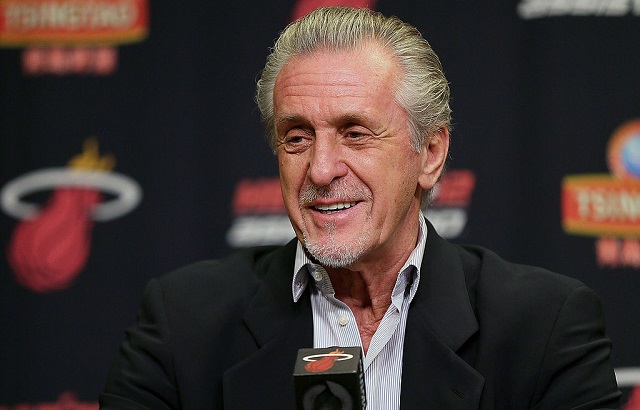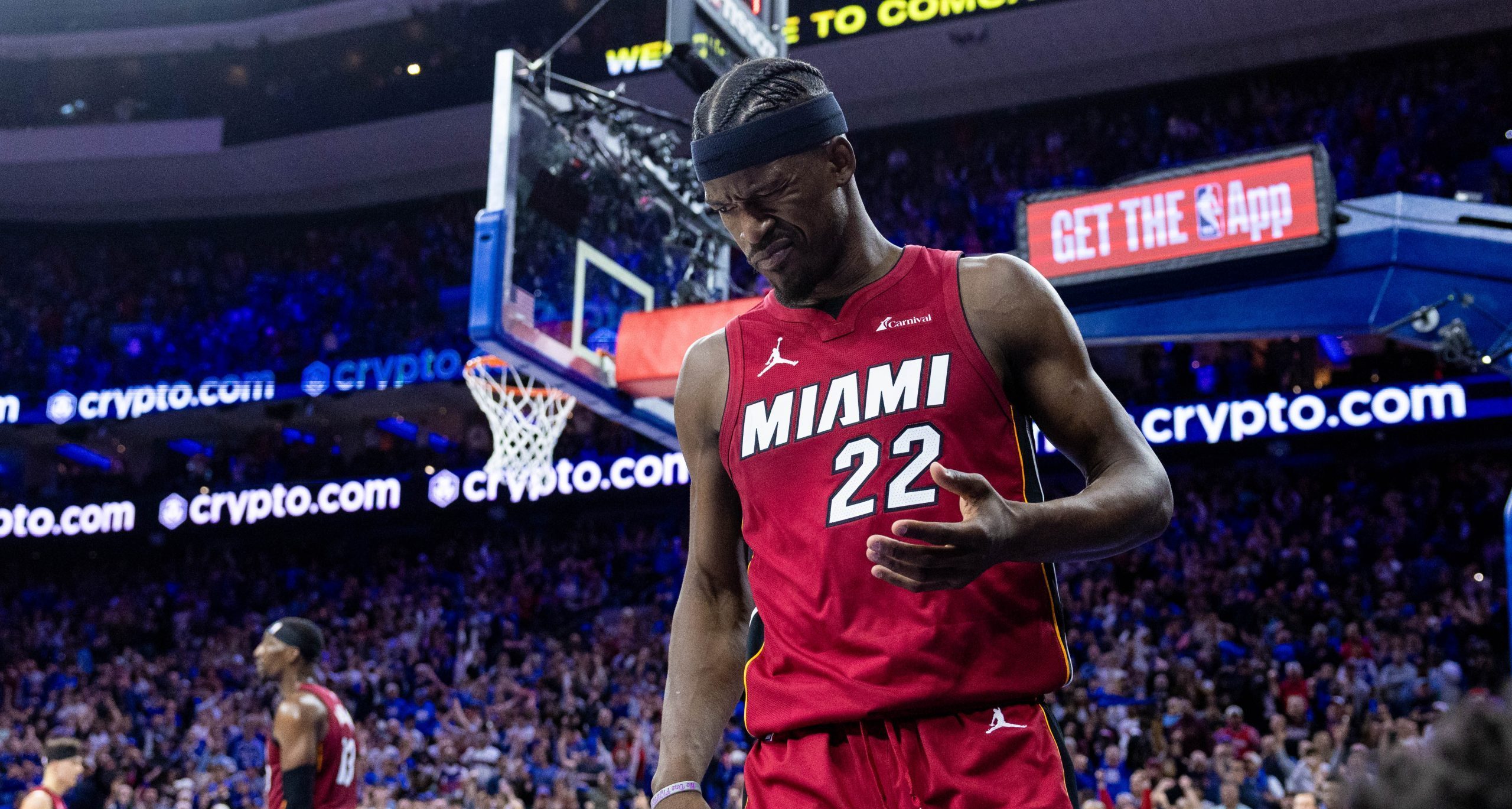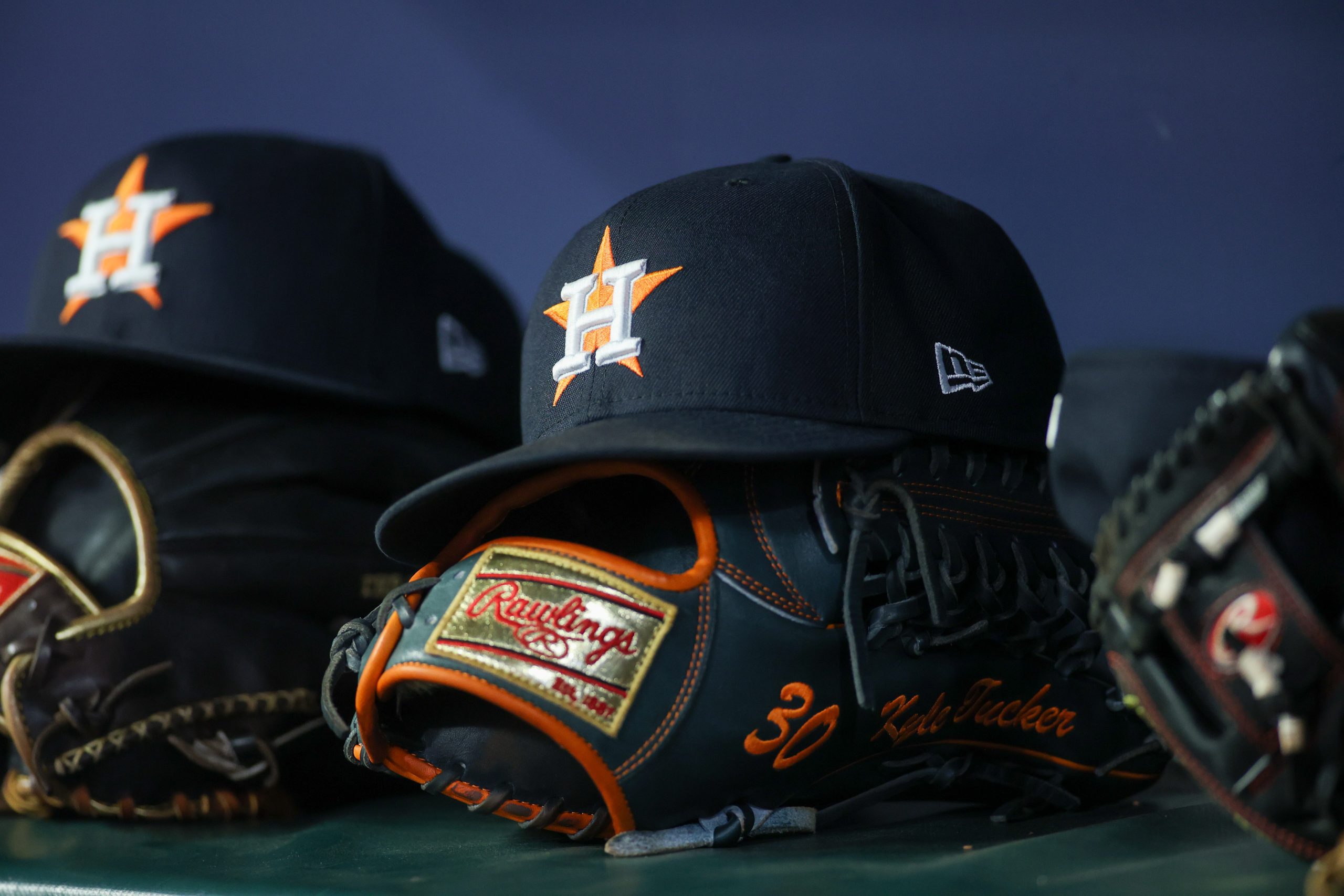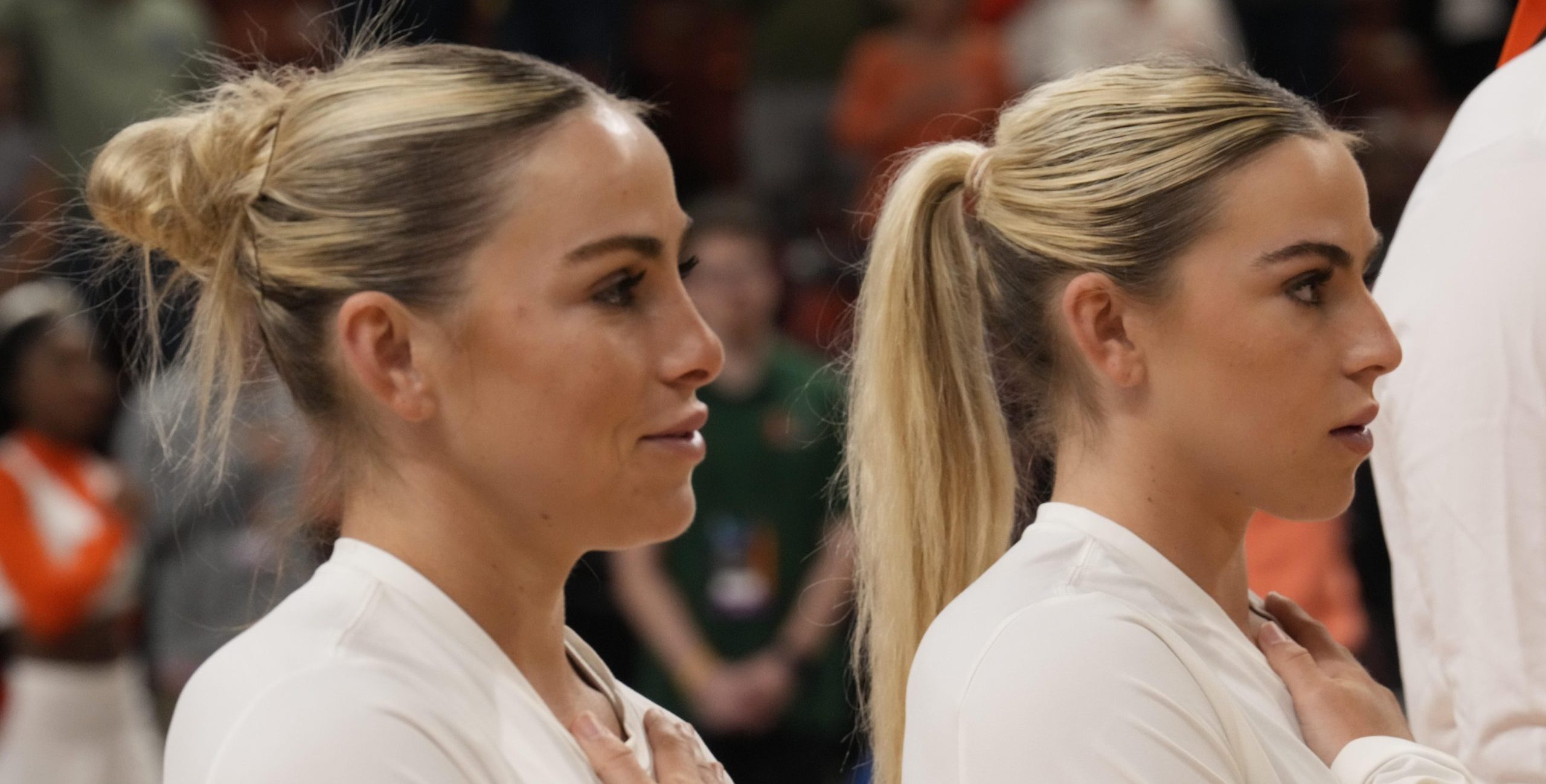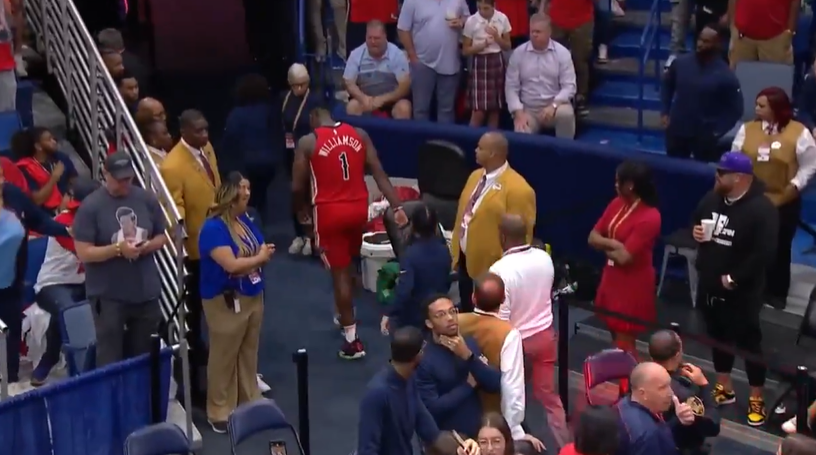For a brief crevasse in the franchise trajectories of the Miami Heat and the Los Angeles Lakers, it felt as though a new face of prestige was emerging as another was falling apart at the seams. Los Angeles, following the death of owner Jerry Buss and the decline of Kobe Bryant, were running thin on that vaunted Lakers mystique. The Heat, even in a post-LeBron James era, were enjoying success, with young pieces like Hassan Whiteside and Justice Winslow bolstering a core of Goran Dragic, Chris Bosh, and Dwyane Wade, with general manager Pat Riley, of course, presiding above it all.
Since 1995, when Riley joined the organization as sometimes head coach/ sometimes general manager, the Heat have made the playoffs 17 out of 21 years. In the past decade, they’ve gone to six Finals and won three, stepping into a rarified territory of sustained success, bestowing Riley, of the slicked-back hair in the 100-level seats, with an aura of invincibility.
The veneer totally fell off this summer, with Dwyane Wade leaving after a somewhat public falling out with the organization and the ugly, very public road down which Chris Bosh’s health situation has gone. One thing is clear: He’ll never play in a Heat uniform again, and his relationship with the organization will never be the same.
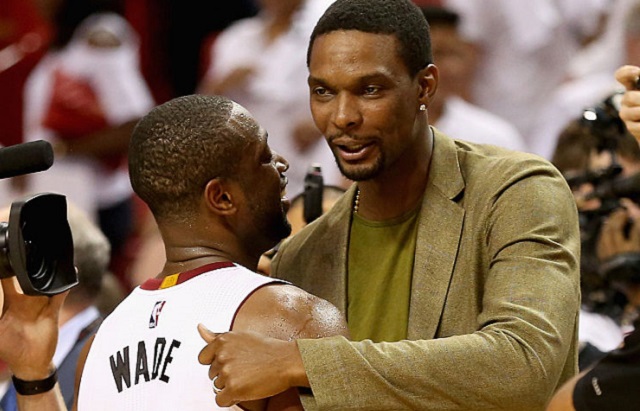
The cracks on Riley first emerged when LeBron James returned to Cleveland, and Riley remarked in a press conference the upcoming season that the Heat would have “no more smiling faces with hidden agendas,” the first in a string of unnecessary comments, so uncharacteristic of the man who always seemed so at ease. After swinging and missing on Kevin Durant this summer, Riley said the NBA should make it impossible for super-teams to emerge — irony if I ever heard it. Before Shaquille O’Neal’s Hall of Fame induction this offseason, he called the big man the most important free agent acquisition the Heat ever made, an obvious slight at LeBron.
There are unwinnable situations, and then there’s rank pettiness, the kind exhibited by a man losing his grip on a world he once ruled, the kind that can only exacerbate a sense of powerlessness. What Riley has lost is not only power, but the levity that accompanies it: the comfort possessed by all living legends in the prime of their careers, the ability to brush off a loss and buck up for the next fight, to handle failure with grace. The stakes aren’t mere style points. You take care of yours when you can, so that when you can’t, you’re afforded the benefit of the doubt. A reputation defined by benevolence can withstand the blows dealt by a PR disaster like the Bosh situation.
Whether you believe Bosh has been banned from playing in a Heat uniform because basketball poses a legitimate threat to his life, or because Miami really wants that extra cap space for another max free agent, what’s clear is that the organization and its doctors lost the trust of Bosh, and that a large segment of the public is questioning their motives too.
In Riley’s defense, though, the decrepit state of the Lakers is evidence of how meaningless the shine is in the absence of substance. Riley has been consistently tasked with maintaining a tricky balance between creating the necessary conditions for free agency acquisition — cap space, flexibility, youth — while cultivating the organization’s pristine image. That this season, he damaged his reputation — the Heat’s strongest institutional allure — in the process may not be of much consequence.
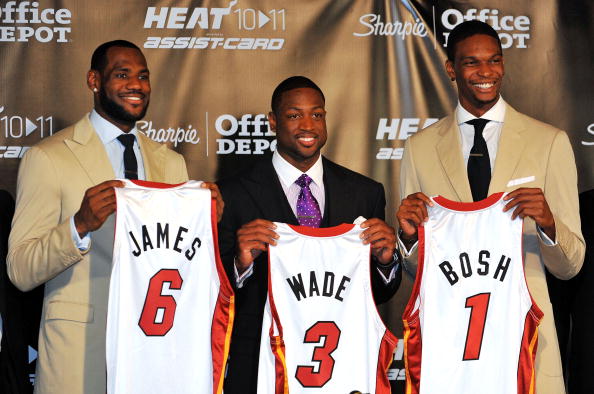
A brief survey of the creation of super-teams suggests that to be a free agent destination, an organization must have two key ingredients: the flexibility to make salaries work and existing starpower. The Boston Celtics, the original super-team, already had Paul Pierce, while Kevin Garnett and Ray Allen winked and nudged each other to the dotted line. The Miami Heat had Dwyane Wade to attract Chris Bosh, and the both of them to attract LeBron James, and the cap space necessary to almost make three maximum slots work.
You’ll notice Cleveland wasn’t anywhere on the list of teams Kevin Love wanted to be traded to until LeBron decided he was going back there. The Cavaliers work as a case-in-point: a historically bad front office with a worse reputation, but they got LeBron James. There was a time, when Pat Riley signed LeBron James, that he was the classy and competent contrast to Dan Gilbert’s vengeful, distressed finger-pointing.
On that note, the honourable thing, for Riley, has often aligned closely enough with the right basketball move — signing Wade to a one-year $20-million deal two seasons ago might have hurt Miami’s wallet a little, but it didn’t jeopardize his play for Durant. This summer, the dollars and cents of the matter were high enough to hamstring the organization’s future flexibility, so he bid the Heat lifer goodbye.
The question, going into this season and next summer, is if your city can offer a beachfront property and you have enough cap space for two max-level contracts, how much does the veneer really matter? The Lakers, for their part, penned Kobe Bryant to an albatross contract before his retirement, and didn’t have much to show for it in this summer’s free agency. If the Heat can maintain a higher streak of competency than their West Coast brethren — not a lofty order, by any means — then maybe Miami will be better for cutting ties with Wade and Bosh, with Riley coming out of this whole thing unscathed.

